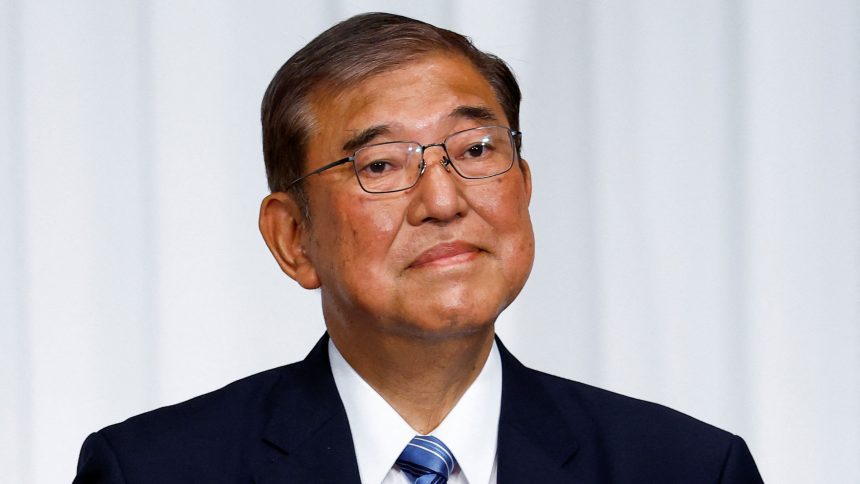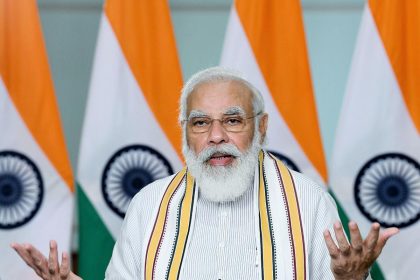Ruling Coalition Loses Upper House Majority
Japan’s Prime Minister Shigeru Ishiba suffered a major political setback after his Liberal Democratic Party (LDP) and partner Komeito failed to secure a majority in Sunday’s upper house election, securing just 47 out of the 124 contested seats, three fewer than needed to maintain control in the 248-seat chamber. This defeat compounds an earlier loss of the lower house majority in October 2024, leaving the government without dominance in either parliamentary house for the first time since 1955.
Ishiba Rejects Resignation Amid Leadership Pressure
Despite growing criticism from within his own ranks—including former PM Taro Aso—and speculation of a potential no-confidence vote from the opposition, Ishiba insisted at a press conference that he will remain in office. He emphasized the necessity of steady leadership to address urgent challenges, including soaring consumer prices and looming U.S. tariffs set to take effect on August 1.
Focus on Trade Talks and Inflation Response
Ishiba cited upcoming U.S. trade negotiations—particularly efforts to avert punitive tariffs—as a critical reason to stay on. He also highlighted the need to confront persistent inflation and economic stagnation, key voter concerns that partly drove the coalition’s electoral decline.
Far-Right Sanseito Seizes Momentum
Emerging as a significant political force, the far-right Sanseito party surged from one seat to 14, campaigning on nationalist and anti-immigration themes. Their success reflects growing populist sentiments in Japan—traditionally resistant to such movements—and adds pressure to the LDP’s centrist platform.
Market Impact and Political Uncertainty
Markets showed cautious optimism, with the yen strengthening and stock futures edging higher, indicating investor confidence in government continuity. Nevertheless, bond yields spiked ahead of the election, reflecting concerns about Japan’s ability to manage its high debt amid diminishing fiscal discipline.
Looming Internal Party Reckoning
While Ishiba has refused to expand the coalition, believing stability is paramount, several senior LDP figures have publicly questioned his legitimacy. Former PM Aso has suggested a change in leadership, and the party may soon face internal deliberations or shadow cabinet reshuffling.
What’s Next
- Opposition maneuvers: The Constitutional Democratic Party (CDP) may pursue a no-confidence vote in response to the defeat.
- Parliamentary gridlock: With no majority, legislative progress on key policies—especially trade and economic reform—will hinge on bipartisan negotiations.
- Leadership crossroads: Ishiba’s insistence on staying until post-trade results may be followed by a party leadership challenge or reconfiguration.
Final Assessment
Prime Minister Ishiba is navigating turbulent waters—balancing a personal commitment to resolve pressing economic and international issues against a backdrop of electoral rejection and internal party dissent. His resolve to finish critical trade talks with the U.S. may buy him time, but political stability in Japan remains fragile and uncertain.











